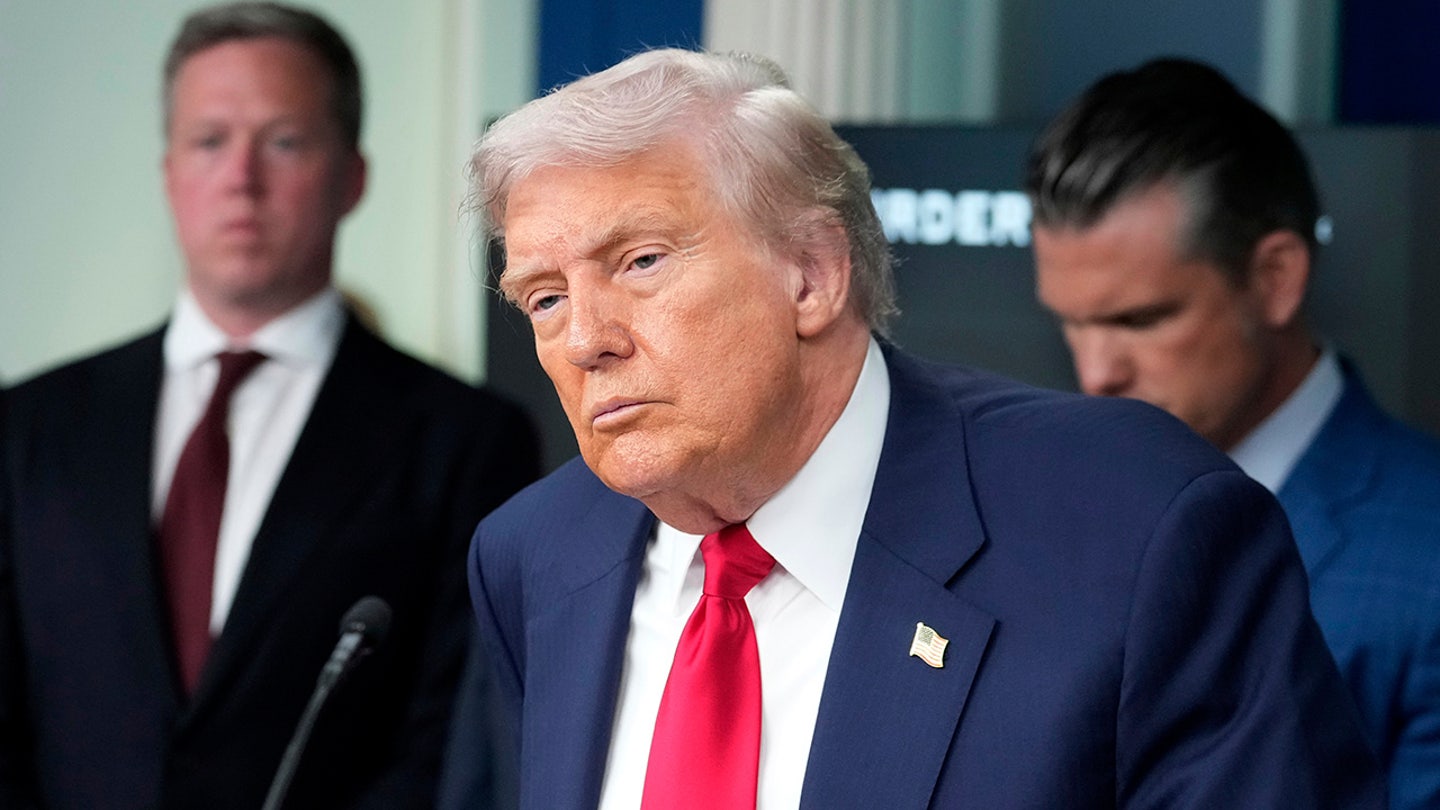
DC statehood debate intensifies as Trump flexes authority over local police
Entities mentioned:
- President Donald Trump: Power, Control, Security
- Democrats: Justice, Freedom, Righteousness
- Sen. Paul Strauss: Justice, Freedom, Duty
- Del. Eleanor Holmes Norton: Justice, Freedom, Duty
- White House: Control, Security, Power
- Sen. Tim Kaine: Justice, Freedom, Duty
- Sen. Chris Van Hollen: Justice, Freedom, Duty
- Rep. Jamie Raskin: Justice, Freedom, Duty
- Republicans: Power, Control, Security
Article Assessment:
Credibility Score: 75/100
Bias Rating: 45/100 (Center)
Sentiment Score: 35/100
Authoritarianism Risk: 55/100 (Mixed/Neutral)
Bias Analysis:
The article presents views from both sides of the debate, including quotes from Democrats and White House representatives. While it gives more space to pro-statehood arguments, it also includes counterarguments, maintaining a relatively balanced perspective.
Key metric: Democratic Index
As a social scientist, I analyze that this article highlights a significant tension between federal power and local autonomy in Washington D.C., impacting the Democratic Index. The president's actions to take control of local police forces have reignited the debate on D.C. statehood, which is fundamentally about democratic representation and self-governance. This situation exposes the unique and problematic status of D.C. as a non-state entity subject to federal control, potentially undermining democratic principles. The debate also reflects broader national tensions between federal and state powers, and partisan divides on issues of urban governance and law enforcement. The push for D.C. statehood, if successful, would significantly alter the balance of power in Congress and potentially impact future national elections, thus having far-reaching implications for the Democratic Index of the United States.

House Democrat presses DOJ on Ghislaine Maxwell prison transfer, meeting with top official
Entities mentioned:
- Rep. Jamie Raskin: Justice, Righteousness, Duty
- Ghislaine Maxwell: Self-preservation, Freedom, Control
- Department of Justice: Control, Obligation, Professional pride
- Trump administration: Power, Self-preservation, Control
- Attorney General Pam Bondi: Duty, Professional pride, Loyalty
- Bureau of Prisons Director William K. Marshall III: Duty, Professional pride, Control
- Deputy Attorney General Todd Blanche: Loyalty, Power, Influence
- House Judiciary Committee: Justice, Duty, Oversight
- House Oversight Committee: Justice, Duty, Oversight
Article Assessment:
Credibility Score: 70/100
Bias Rating: 35/100 (Lean Left)
Sentiment Score: 30/100
Authoritarianism Risk: 55/100 (Mixed/Neutral)
Bias Analysis:
The article leans left, focusing on Democratic concerns and potential Trump administration wrongdoing. While it presents factual information, the framing and emphasis on Democratic perspectives suggest a left-leaning bias.
Key metric: Government Accountability and Transparency
As a social scientist, I analyze that this article highlights potential issues in the justice system and government accountability. The unusual transfer of Ghislaine Maxwell to a minimum-security prison and her meeting with a former Trump lawyer raise questions about preferential treatment and possible attempts to influence testimony. This situation could significantly impact public trust in government institutions and the fairness of the justice system. The congressional inquiry led by Rep. Raskin represents an attempt to maintain oversight and transparency, which are crucial for democratic processes. However, the implications of potential interference in legal proceedings and witness treatment could have far-reaching consequences for the integrity of the justice system and the separation of powers.